
在托福写作中,我们是通常比较在意一些用词和语句的问题,但是作为托福考试来说,对于考生的逻辑思维也有一定的考查。那么,怎样在自己的文章内体现出逻辑思维的准确性呢?下面我们就用一下例子为大家详细分析一下吧。
1. 分论点(supporting ideas)没有紧扣中心论点(thesis statement)
Eg: As modern life becomes more complex, it is essential for young people to have the ability to plan and organize.
学生习作:Body 1:
It is undeniable that modern life becomes more complex because it is rivalrous: everyone is competing with each other in this society. With the improved modern life’s quality, nowadays people often would have higher level of dreams and all of them want to achieve success. In order to achieve the dreams, people should do better than others. It’s usually hard for people to stand out and obtain success, so people would ultimately find ways and to defeat others.
文中写到:随着生活更复杂,竞争更激烈,人们有更高的目标和理想并都想取得成功,到此为止都与题目的前半部分相吻合;但后面说people should do better than others太笼统,完全没有点出题目的young people should have the ability to plan and organize,属于部分偏题作文。
2. 前言不搭后语(inconsistency)
Eg: It is more important for the government to spend money on improving Internet access than on public transportation.
学生习作:Body 1:
Main point sentence: First, it is important to consider that improving public transportation can increase the sense of happiness of people.
details: Take Beijing as an example, in the past I used to wait for a long to time between two subways, which meant I had to leave home very early to school and spend relatively long time waiting for the subway, but after the government put their budget on increasing the number of subways in Beijing, the time spent on my way to school was really shorten, and I felt much relaxed every day and could focus more on my classes.
主题句表明改善公共交通能提高人们的幸福感;但detail中并没有提到人们幸福感的提升,只说明了北京地铁数量增加后,”我”感到更轻松也更能集中精力听课了,与increase the sense of happiness无关。










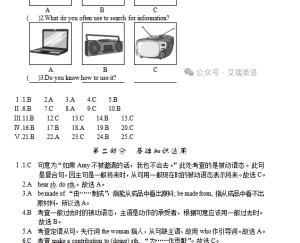
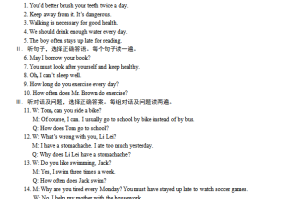


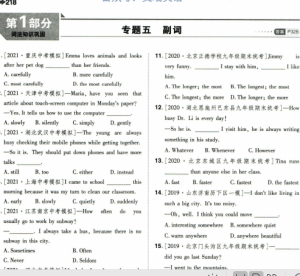
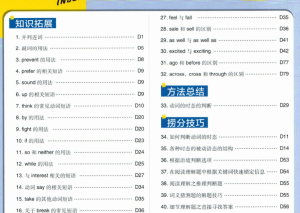
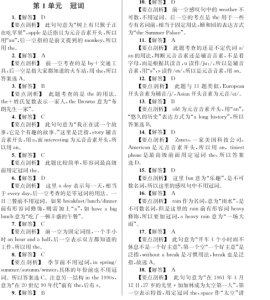
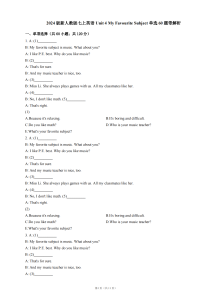


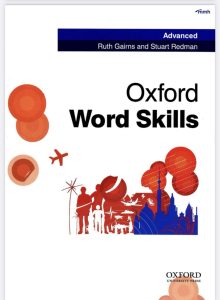
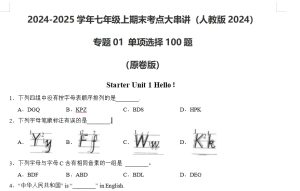
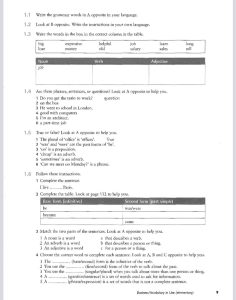



暂无评论内容